This post explains the difference between かわいいらしい and かわいらしい as well as that between かわいいそう and かわいそう. One more い can make a rather big difference!
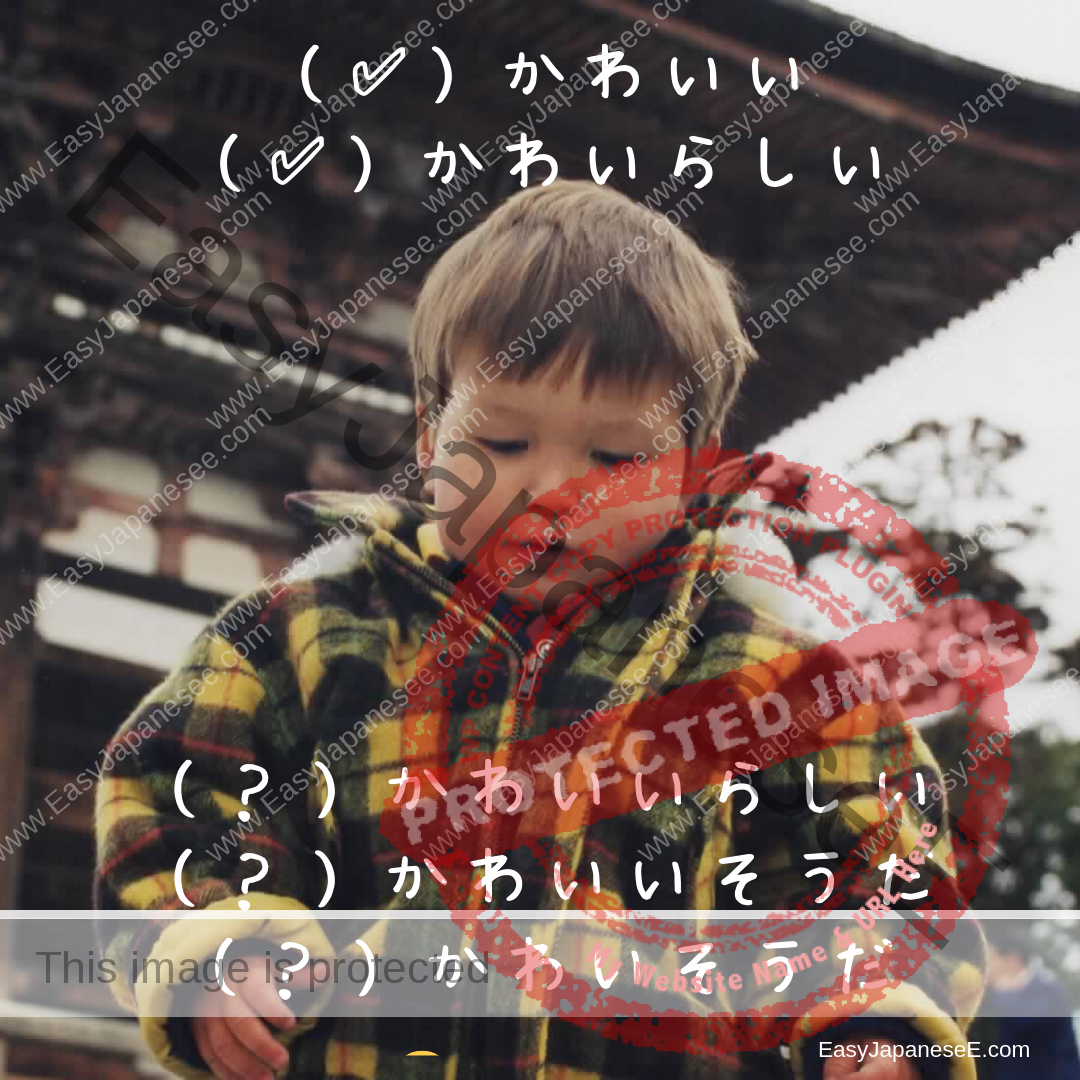

This post explains the difference between かわいいらしい and かわいらしい as well as that between かわいいそう and かわいそう. One more い can make a rather big difference!
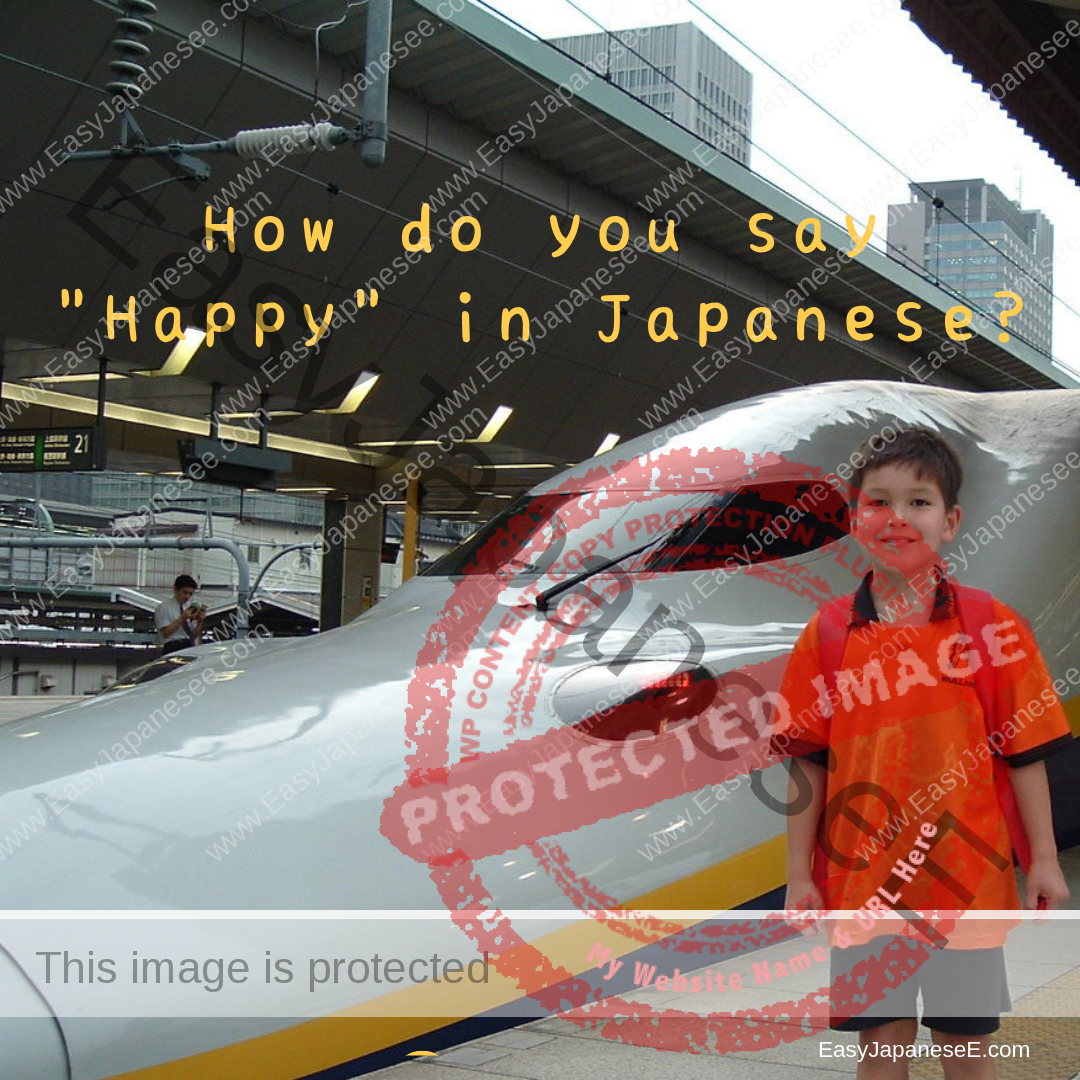
“happy” can be rephrased with many different terms in English, so there are many translations of “happy” in Japanese also. Here are some.
quiet The English word “quiet” is another difficult word to translate into Japanese. 静(しず)か(な) – silent, still 静(しず)かにしてください。 Be quiet,…
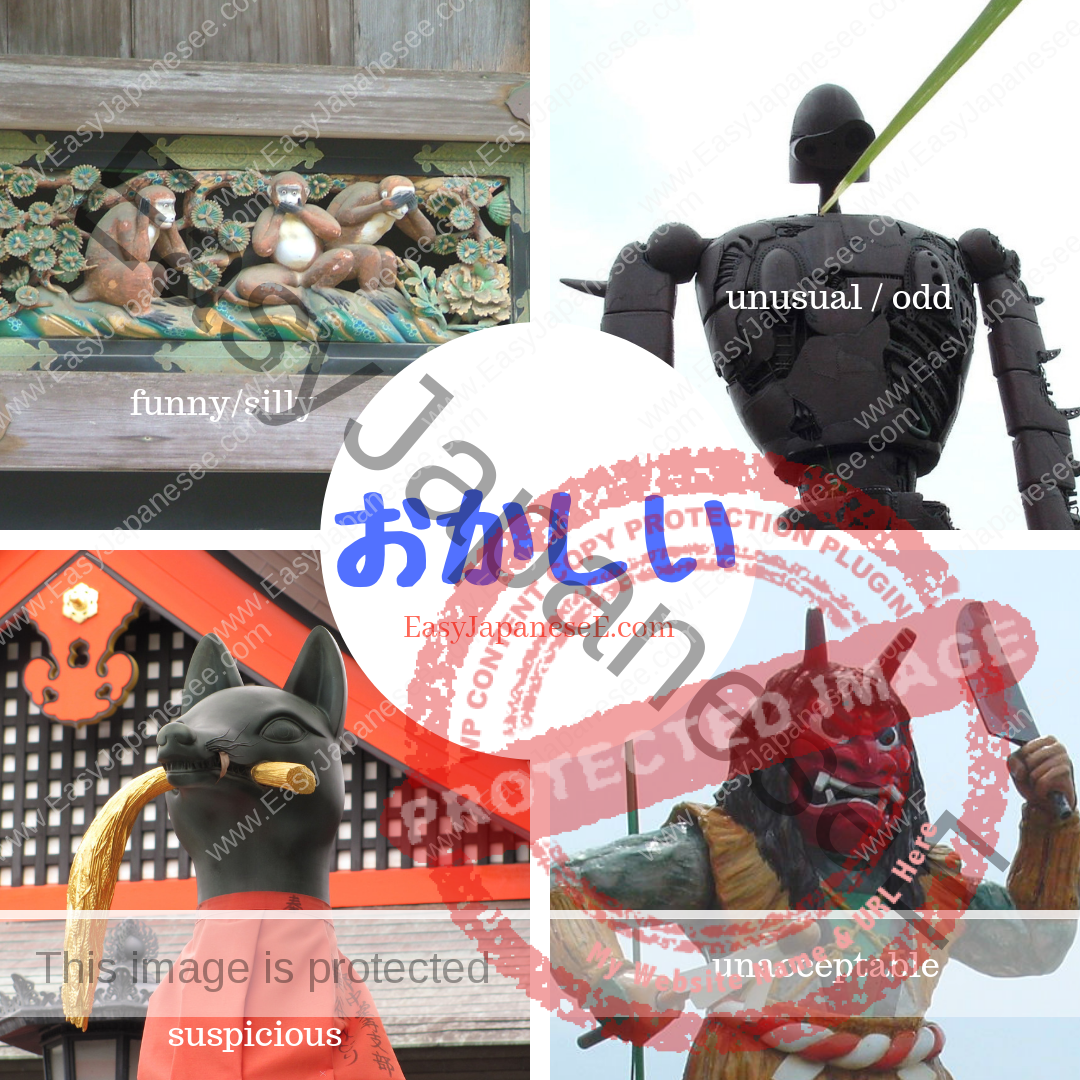
The word おかしい is another difficult one to understand and translate the exact meaning. Examples are: funny: この漫才(まんざい)はおかしくてたまらなかった。 This comic…
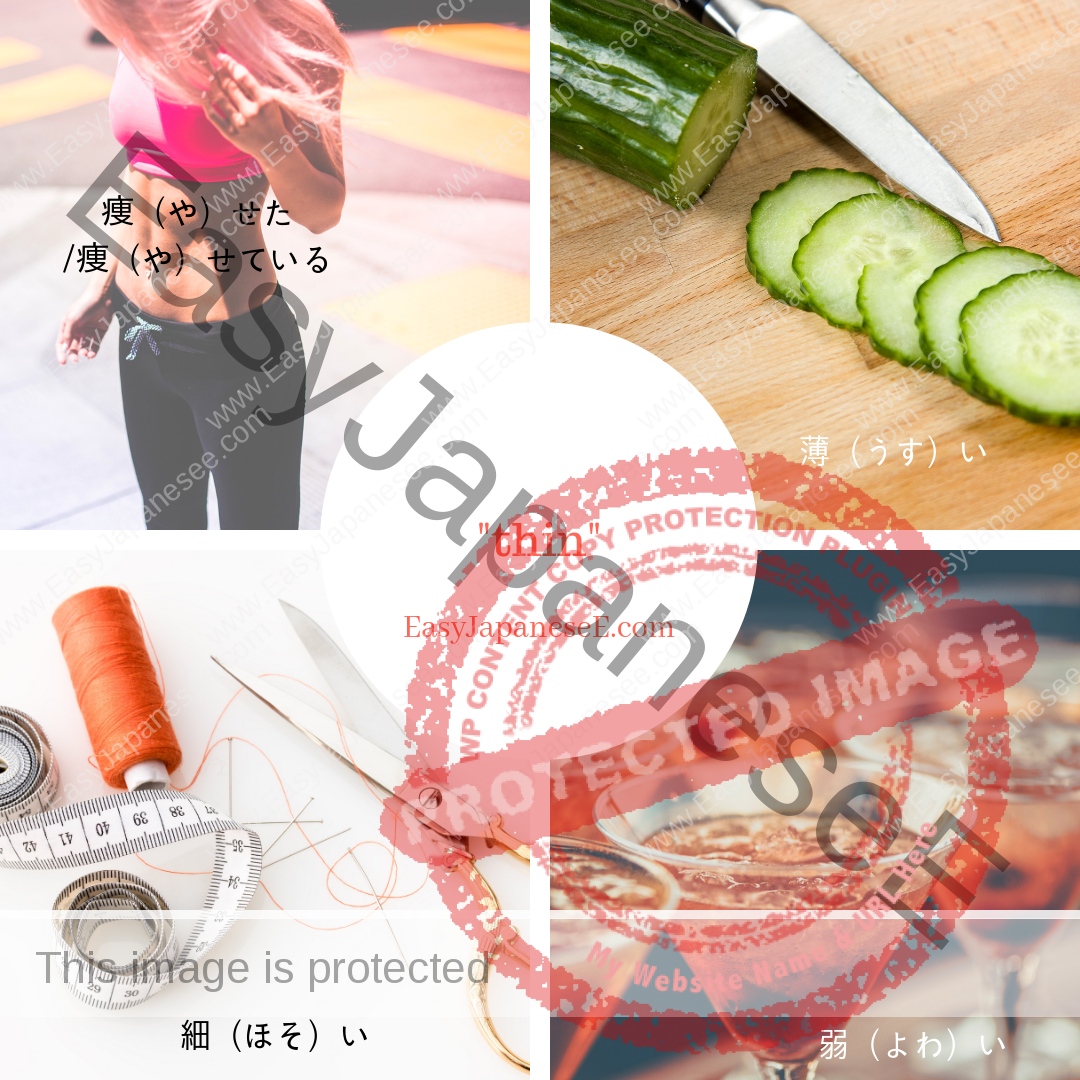
thin The English word “thin” is also a tricky word when you want to translate it into Japanese. When somebody…

When a flavour is dense, the word “strong” is often used in English, but in Japanese we use 濃い(こい/koi), which…
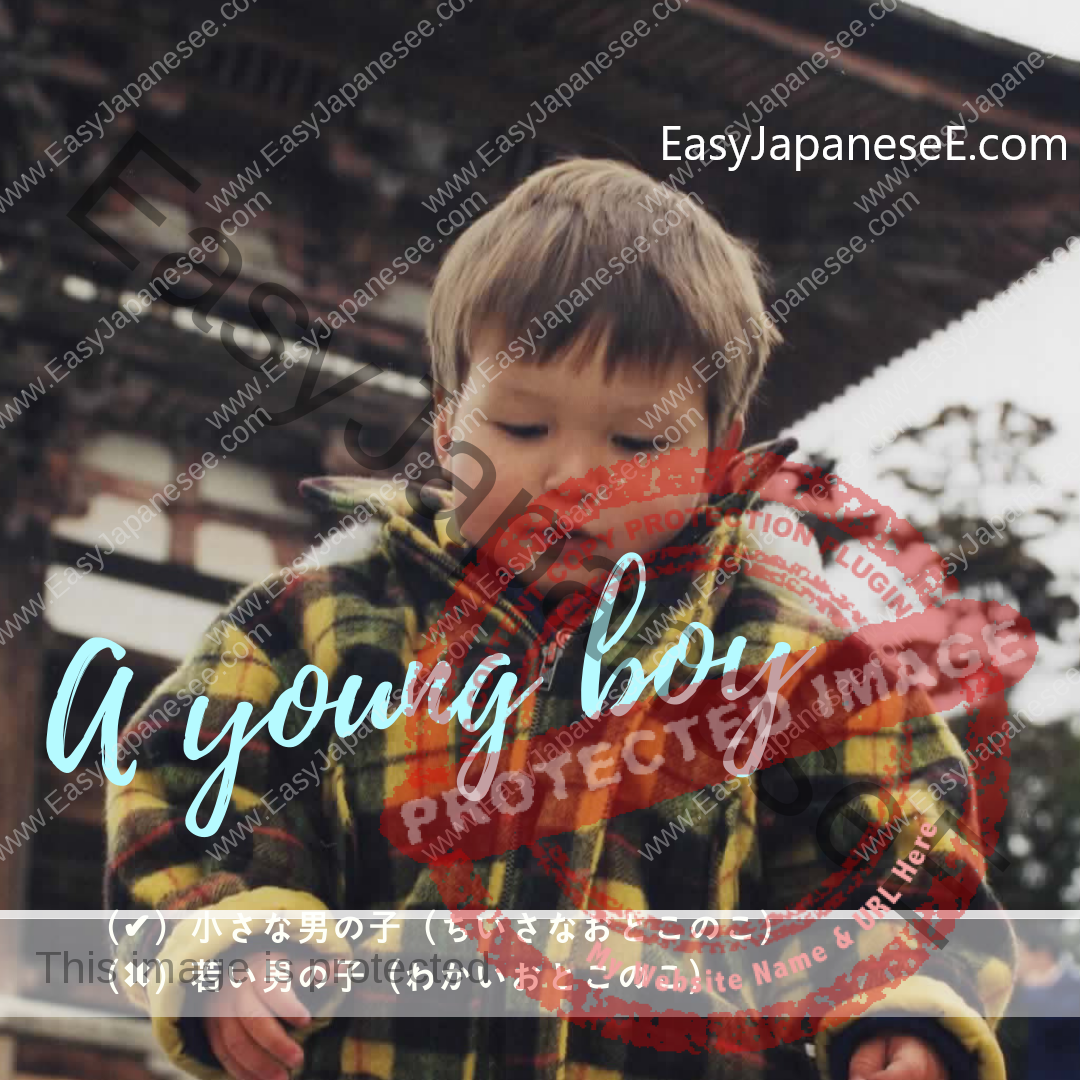
Often the English word “young” is translated as 若い (わかい/wakai). However, the Japanese word 若い is closer to “youthful” than…
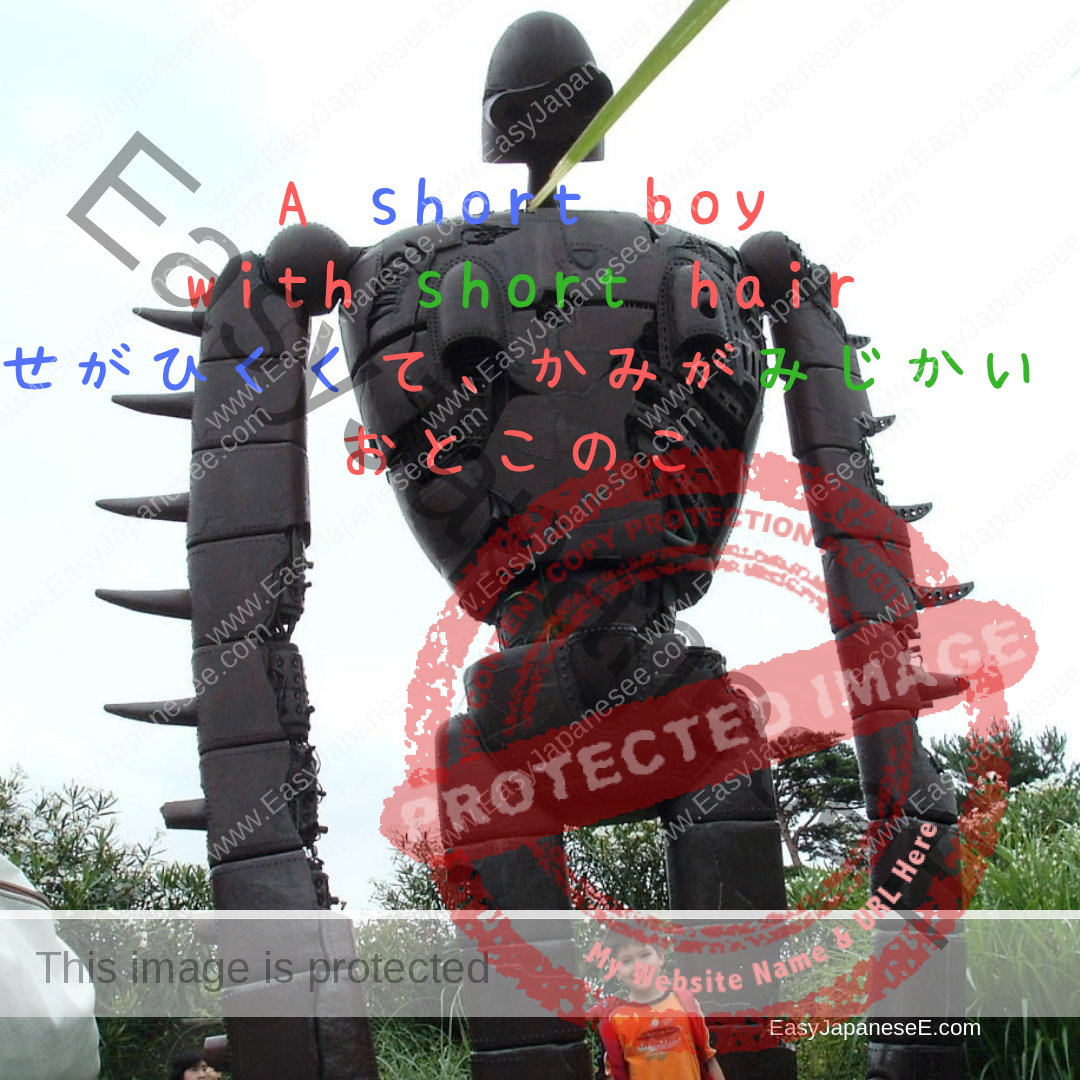
The English words, “short,” has 2 equivalents in Japanese. 背(せ)が低(ひく)い: “short” as opposed to “tall” and 短(みじか)い: “short” as opposed…
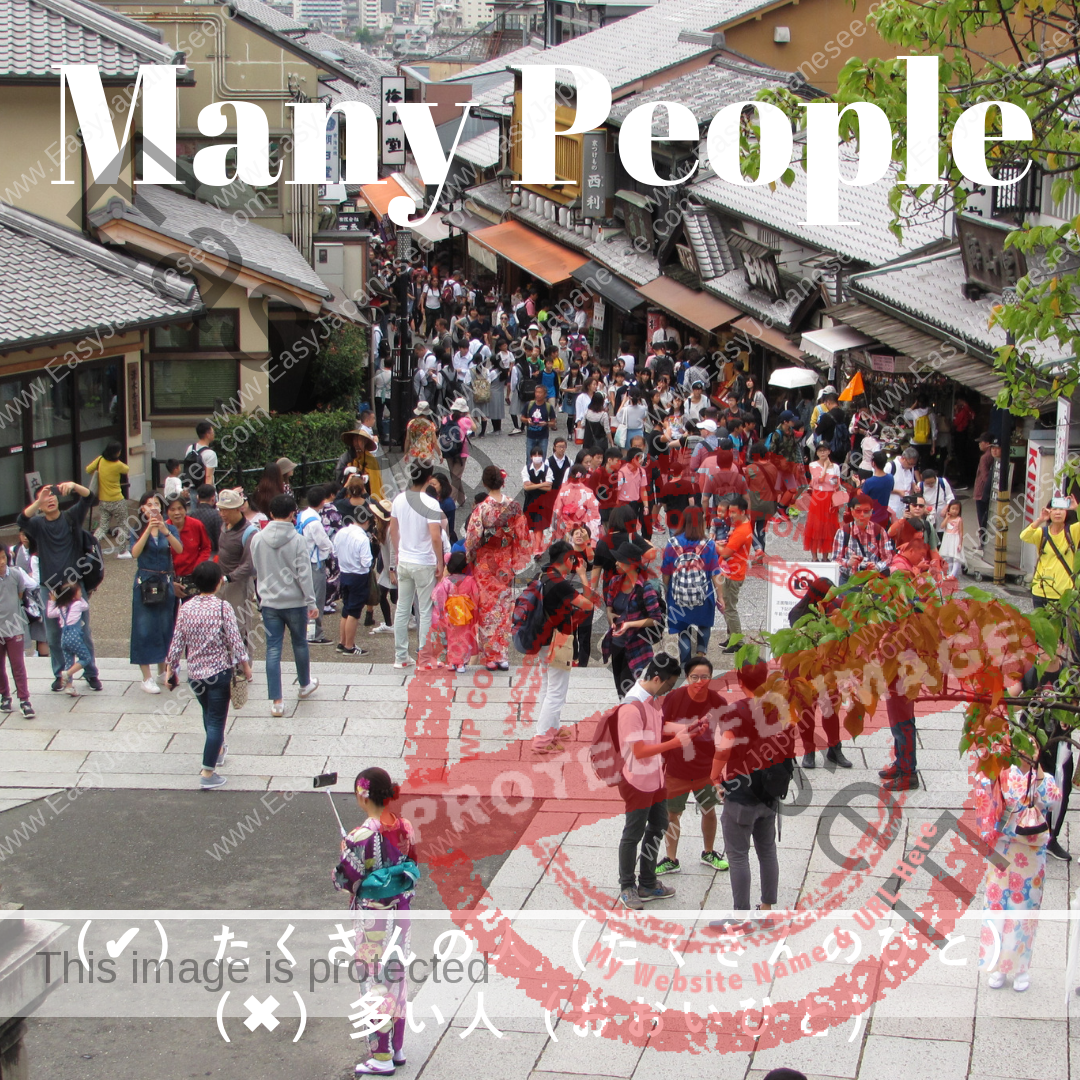
多い(おおい/ooi) means “a lot” and it is an いadjective, but 多い is never used in front of a noun. If…
The other day one of my students asked me if there are more i-adjectives than na-adjectives or vice-versa. I don’t…
